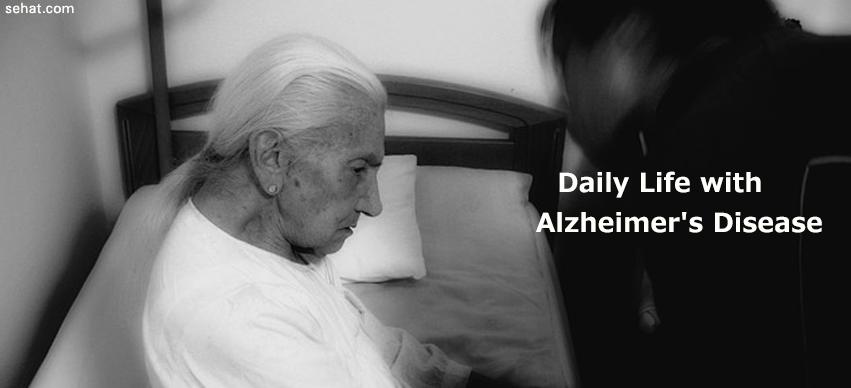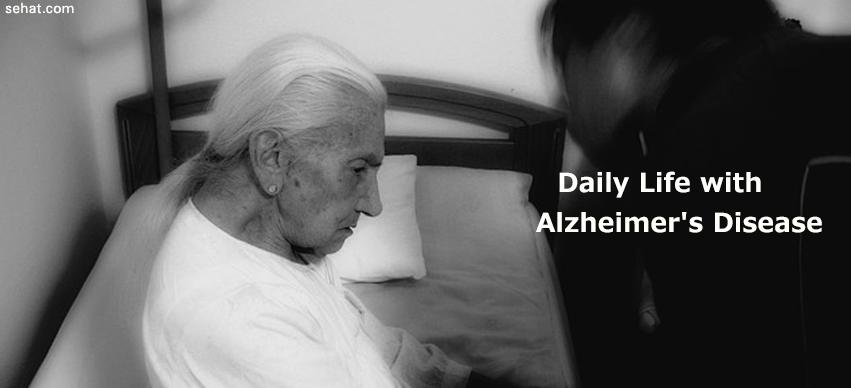How Communities Are Changing the Way We Think About Aging in..
8 Min Read


It is an understatement to say that Alzheimer’s disease is a difficult condition to live with. As the disease progresses, patients have little or no understanding of what is going on around them. Effective communication of thoughts or emotions is also slowly lost. This can cause a lot of frustration, for the patients as well as the people or person caring for them. Caregivers have to learn everything about the disease to be able to properly take care of their patients.
Life with Alzheimer’s disease depends on the stage of dementia that has set in. According to experts, there are 3 stages of dementia which are mild, moderate and severe. Let us take a brief look at each to have a better understanding of what it is like to live with this disease.
During this stage, routine is an important part of a patient’s life. Anything that is off-schedule will agitate them. There is a high involvement of mental stimulation in activities that are non-routine so patients prefer to stick to something that they are familiar and comfortable with. This stage of dementia in Alzheimer’s disease is the longest.
One of the most common signs that shows that a patient is slipping into severe dementia is the need to sleep. Speech gets limited as well. Patients may form full sentences in their head but are unable to communicate when it is time to verbalize. Caregivers often have to try to understand them by just two or three words that are uttered. In the end, patients sleep for 23 hours a day as they no longer have a sense of time. This is what living with Alzheimer’s disease is like.